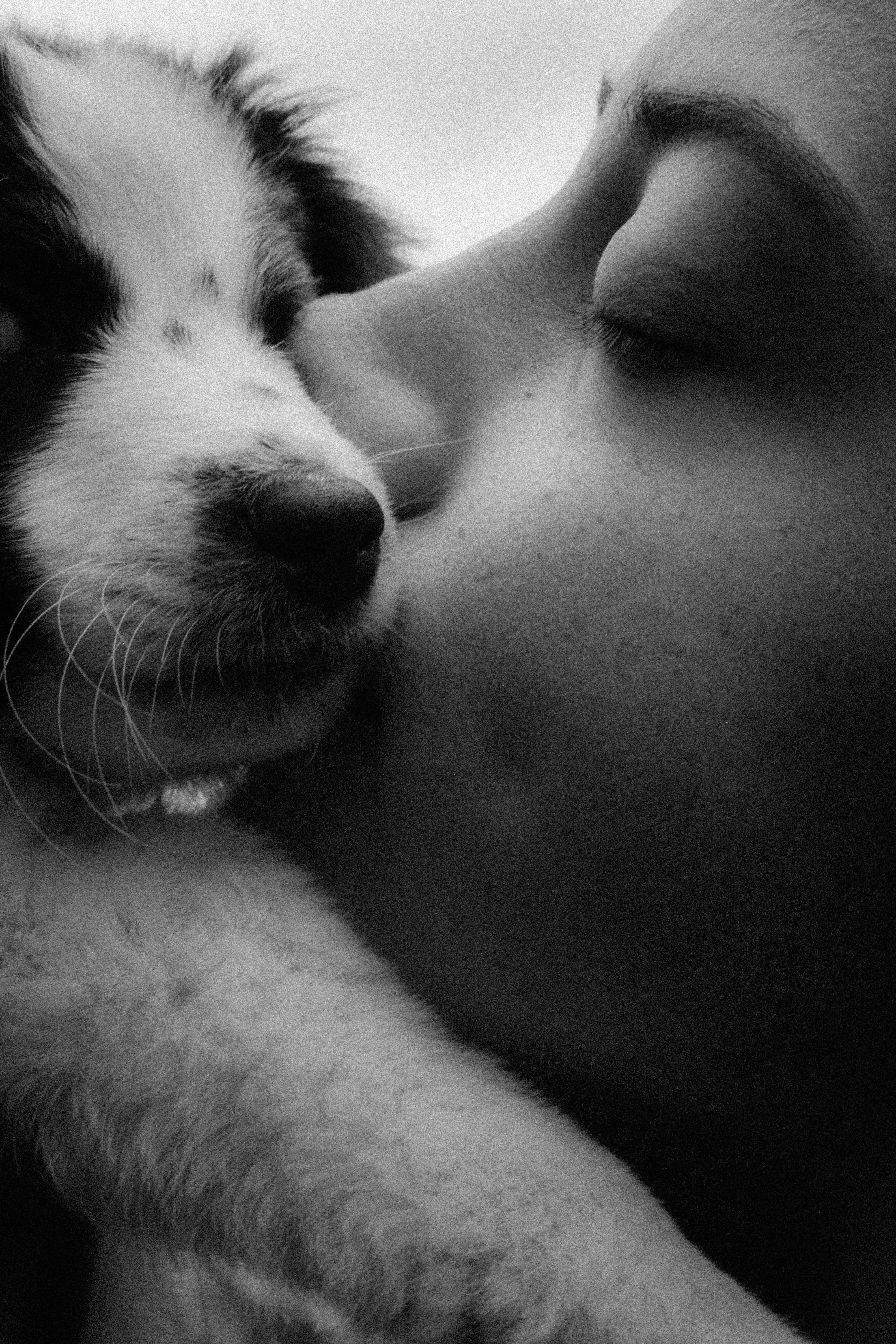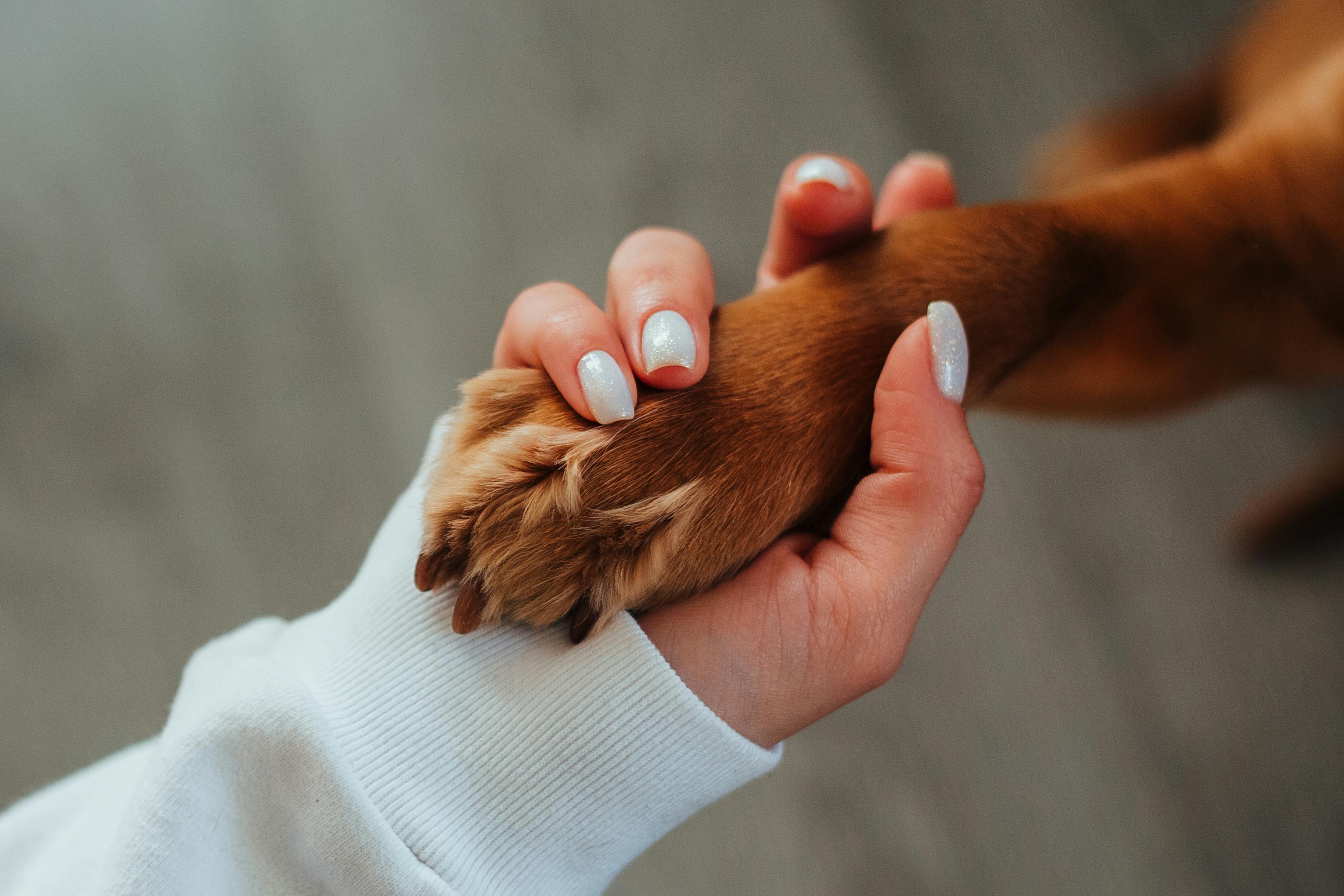Complete Guide to Pet Raccoon Care for Beginners
Thinking about keeping a raccoon as a pet? You’re not alone. As exotic pets become more popular, interest in pet raccoon care is steadily rising. This comprehensive guide explores every facet of raccoon care, from understanding their behavior to creating the perfect home environment for them.

Understanding the Fundamentals
Caring for a pet raccoon goes far beyond traditional pet care. These intelligent, curious animals require specialized attention, patience, and a deep understanding of their natural instincts. Unlike cats or dogs, raccoons are wild by nature and retain many of their innate behaviors even when domesticated.
Learning the fundamentals of raccoon care helps create a safe, enriched environment where they can thrive. A raccoon’s needs are rooted in their wild instincts—understanding this is key to responsible ownership.
1.1 Behavioral Patterns of Raccoons
Raccoons are nocturnal, highly intelligent creatures with complex social structures and impressive problem-solving abilities. They often explore their environment using their front paws, which are remarkably dexterous.
For instance, raccoons have been observed opening jars and unlocking simple latches. These behaviors may seem charming but can lead to mischief if their environment isn’t properly secured.
1.2 Legal and Ethical Considerations
Before diving into pet raccoon care, it’s vital to understand the legal regulations surrounding raccoon ownership in your area. In many states, permits are required, and in some cases, owning a raccoon is outright prohibited.
Moreover, ethical responsibility comes into play. Unlike domestic pets, raccoons are not bred for companionship. Proper research and planning are crucial before committing to their care.
Practical Implementation Guide
Once you’re familiar with the basics, it’s time to put that knowledge into action. Implementing proper care practices ensures your raccoon stays healthy, happy, and engaged. This section walks you through the day-to-day responsibilities and long-term planning needed to raise a pet raccoon responsibly.

2.1 Actionable Steps
- Secure the Living Environment: Create a raccoon-proof enclosure both indoors and outdoors. Include climbing structures, puzzle toys, and hiding spaces.
- Nutrition and Feeding: Provide a balanced diet including fruits, vegetables, eggs, and specially formulated raccoon kibble. Avoid processed or sugary foods.
- Veterinary Care: Schedule regular vet visits. Raccoons require vaccinations, deworming, and parasite checks just like traditional pets.
2.2 Overcoming Challenges
Common challenges in pet raccoon care include:
- Destructive behavior due to boredom
- Escaping from enclosures
- Territorial aggression during mating season
- Potential for zoonotic diseases
- Nocturnal activity disrupting household routines
Address these by offering mental stimulation, reinforcing enclosure barriers, neutering or spaying, and keeping a strict hygiene protocol.
Advanced Applications
Once you’ve mastered the basics, it’s time to explore advanced care strategies. These approaches are ideal for raccoon owners looking to deepen their bond and elevate the quality of care.

3.1 Behavioral Training
Positive reinforcement training can help manage your raccoon’s behavior. Use food rewards to encourage desirable actions such as using a litter box or coming when called.
Advanced training also reduces stress for vet visits and grooming. Consistency and patience are key to success.
3.2 Environmental Enrichment
Integrating interactive toys, foraging puzzles, and water play areas enhances your raccoon’s mental and physical well-being. Rotate toys weekly to maintain novelty.
Consider compatibility with other animals carefully. Raccoons can coexist with pets like dogs or cats under supervision, but risks exist due to their unpredictable nature.
Future Outlook
The exotic pet industry is evolving, with increasing demand for non-traditional pets like raccoons. Advancements in habitat design and dietary research are improving care standards.
In the next few years, expect more regulation and better resources for exotic pet owners. Staying informed through reputable sources and veterinary updates is essential.
Conclusion
Raccoon ownership is rewarding but requires dedication. Key takeaways include:
- Understanding their wild instincts
- Creating a secure, enriched environment
- Meeting legal and ethical responsibilities
Pet raccoon care is not for everyone, but with commitment and education, it can be a fulfilling experience. Start by assessing your lifestyle and researching local regulations.
Frequently Asked Questions
- Q: Are raccoons good pets for beginners? Raccoons are intelligent but high-maintenance. They’re not ideal for first-time pet owners due to their specific needs.
- Q: How do I get started with pet raccoon care? Begin by checking local laws, then prepare a secure enclosure and find an exotic pet vet.
- Q: How much time does a raccoon require daily? Expect to spend 3–5 hours daily on feeding, cleaning, training, and interaction.
- Q: What does it cost to own a raccoon? Initial setup can exceed $1,500, with monthly expenses around $100–$200 depending on diet and healthcare.
- Q: How do raccoons compare to other exotic pets? Raccoons are more active and mischievous than ferrets or sugar gliders, requiring more space and stimulation.
- Q: Is it hard to train a raccoon? Yes, but not impossible. Training takes time and patience. Use positive reinforcement consistently.
- Q: Can raccoons be used in educational or therapy settings? In controlled environments, yes—but only with extensive training and supervision to ensure safety.
